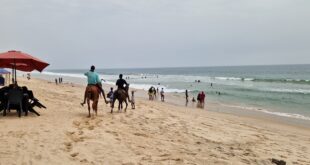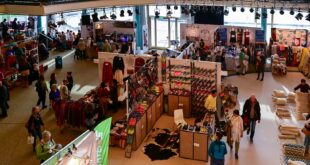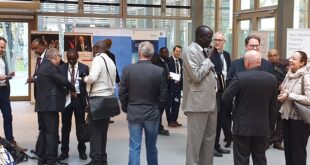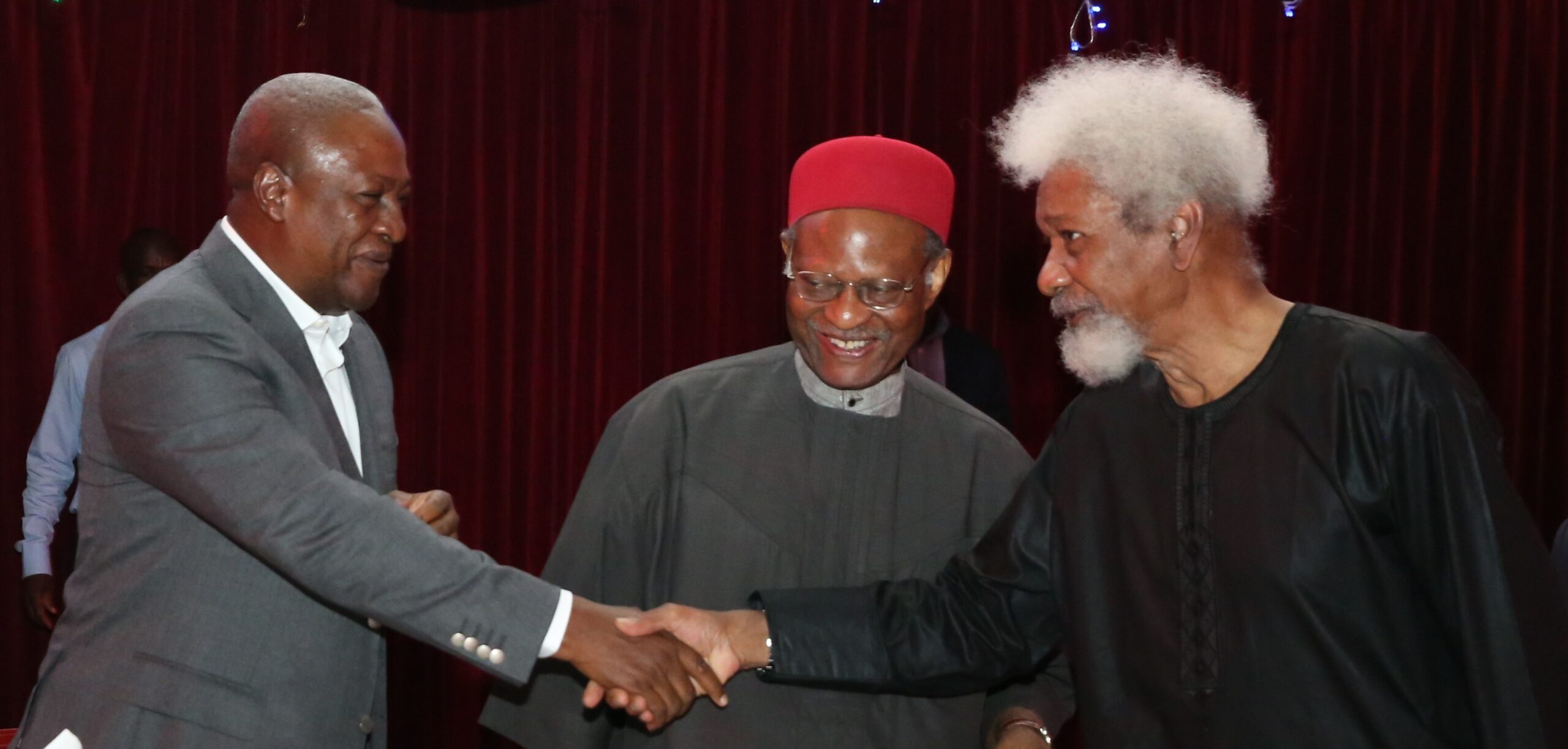Prof Patrick Loch Otieno Lumumba, renowned Kenyan intellectual and founder of the PLO Lumumba Foundation, has opined that despite the paucity of public funds to finance development in most African countries, the situation was not dire as they’re generally believed to be.
Speaking on the second day of the 2021 G-PAD Forum, the professor of law was of the conviction that even under the current situation, if the resources available to African countries were efficiently deployed, they would be able to address most of their development challenges to a great extent.
The Pan-Africanist thinker criticised the culture of wastage and corruption that characterises government across the continent, citing the example of Tanzania where a gold mine operated for more than 20 years without paying tax. Similar situations bedevil the extractive industries across Africa as the people continue to be short changed due to the activities of corrupt international companies aided by local officials and politicians.
Lumumba said the Grand Ethiopian Renaissance Dam (GERD), formerly known as the Millennium Dam, which is largely being financed by the savings of Ethiopians – both home and abroad, shows that the continent could finance its own development without having to resort to external lenders all the time.
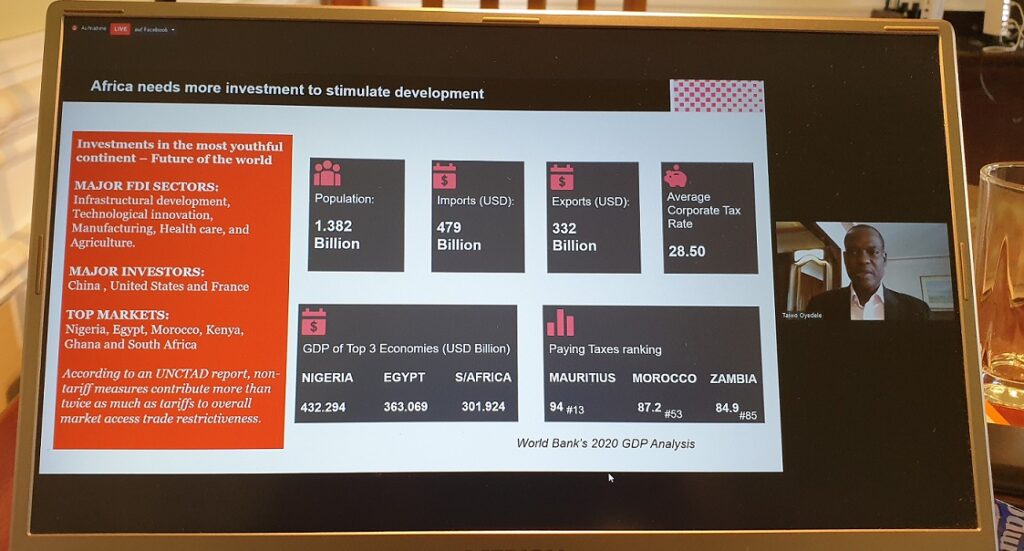
The 2021 G-PAD Forum, organised by Lead Africa International, a Germany-based international NGO, featured contributions from scholars and civil society activists and it focused on building global partnership for the sustainable development of Africa.
Lumumba said governance could only be improved in Africa if young people were more actively involved in politics so that the right calibre of people are elected into public office. That is the only way to bring down what he described as the “institution of mediocrity”, which, he says, lies at the heart of the African problem of development lethargy.
The globally renowned scholar warned young Africans against seeing the diversity of Africa as a liability for peace and progress, which seems to be the thinking of separatist groups in many countries in the continent. Lumumba blamed political leaders for weaponizing sectarian differences to sow disunity among the people for their selfish ends. He said Africa’s diversity could in fact be a source of strength and resilience.
G-PAD Forum 2021, which took place fully virtually on 25-26 November, discussed the issues surrounding sustainable development in Africa.
Speakers on the first day of the annual conference identified the main challenges they deem standing in the way of socio-economic development of the continent. The second day followed the same trend, with speakers such as Dr Taiwo Oyedele, a taxation expert, bemoaning the overreliance of most African countries on natural resources for their export earnings.
Nigeria depends on 70% of its external revenue on oil and gas exports while copper accounts for about 80% of Zambia’s export earnings, he said.
Oyedele, a Fiscal Policy Partner and Africa Tax Leader at PricewaterhouseCoopers, posited that this unique character of the African economy, whose roots go back to the colonial era, makes the continent excessively susceptible to external developments, such as volatility of commodity prices, and makes it difficult if not impossible to implement long-term sustainable development programmes.
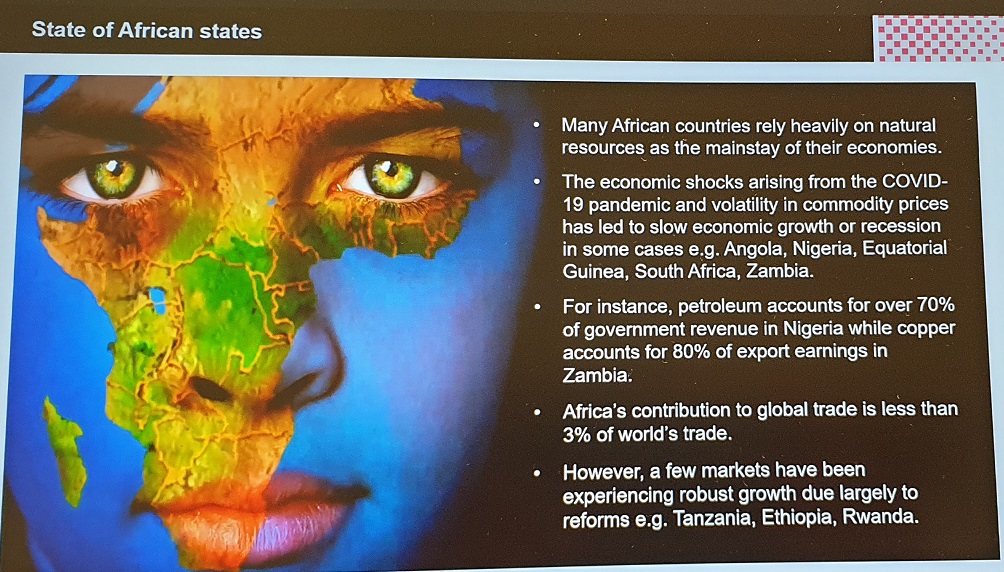
To redress the situation required massive investment in the diversification of African economies, Oyedele said. “Africa needs much, much more investment to stimulate development – investment in infrastructure, manufacturing, agriculture, education and healthcare.”
He said Africa with its immense natural riches and huge populations should be attractive for investment but would have to improve governance, among other things it must do, to realise its investment potential.
Oyedele’s submission aligns with the interventions of Ifeanyi F. Ogochuckwu, Chief Technology Strategist, Debbie Mishael Group, South Africa; Khaled Sheriff, Vice President at the Africa Development Bank (AfDB); and Mrs Mmasekgoa Masire-Mwamba, Botswana’s Second Ambassador to Germany; and others who spoke the previous day.
The submissions opened the gate to panel discussions on the final day on how to overcome the impediments identified by the experts.
Participants, including Prof Lumumba, Yvonne Adhiambo Owuor, a Fellow at the Wissenschaftskolleg zu Berlin, Germany, and Kenny Folarin, a Strategist Leadership Expert, among others, examined the issues not only from socio-economic and political perspectives but also cultural ones.
The take away of the discussions is that to build ‘Transformative Partnerships for Sustainable Development in Africa’, the theme of the 2021 G-PAD Forum, would require changes in attitude both in the Global South and the Global North as Philip Keil, Executive Director, SEZ – Foundation for Development Cooperation, Baden-Württemberg, brilliantly argued on the first day of the event.
G-PAD Forum, an annual conference, was created by Lead Africa International, a global non-governmental organization dealing with development issues, “to promote shared knowledge of development policies that impact Africans and people of African descent and facilitate effective global partnerships towards achieving sustainable development in Africa”.
Femi Awoniyi
READ MORE Speakers at G-PAD Forum identify main challenges to sustainable development in Africa
 THE AFRICAN COURIER. Reporting Africa and its Diaspora! The African Courier is an international magazine published in Germany to report on Africa and the Diaspora African experience. The first issue of the bimonthly magazine appeared on the newsstands on 15 February 1998. The African Courier is a communication forum for European-African political, economic and cultural exchanges, and a voice for Africa in Europe.
THE AFRICAN COURIER. Reporting Africa and its Diaspora! The African Courier is an international magazine published in Germany to report on Africa and the Diaspora African experience. The first issue of the bimonthly magazine appeared on the newsstands on 15 February 1998. The African Courier is a communication forum for European-African political, economic and cultural exchanges, and a voice for Africa in Europe.















